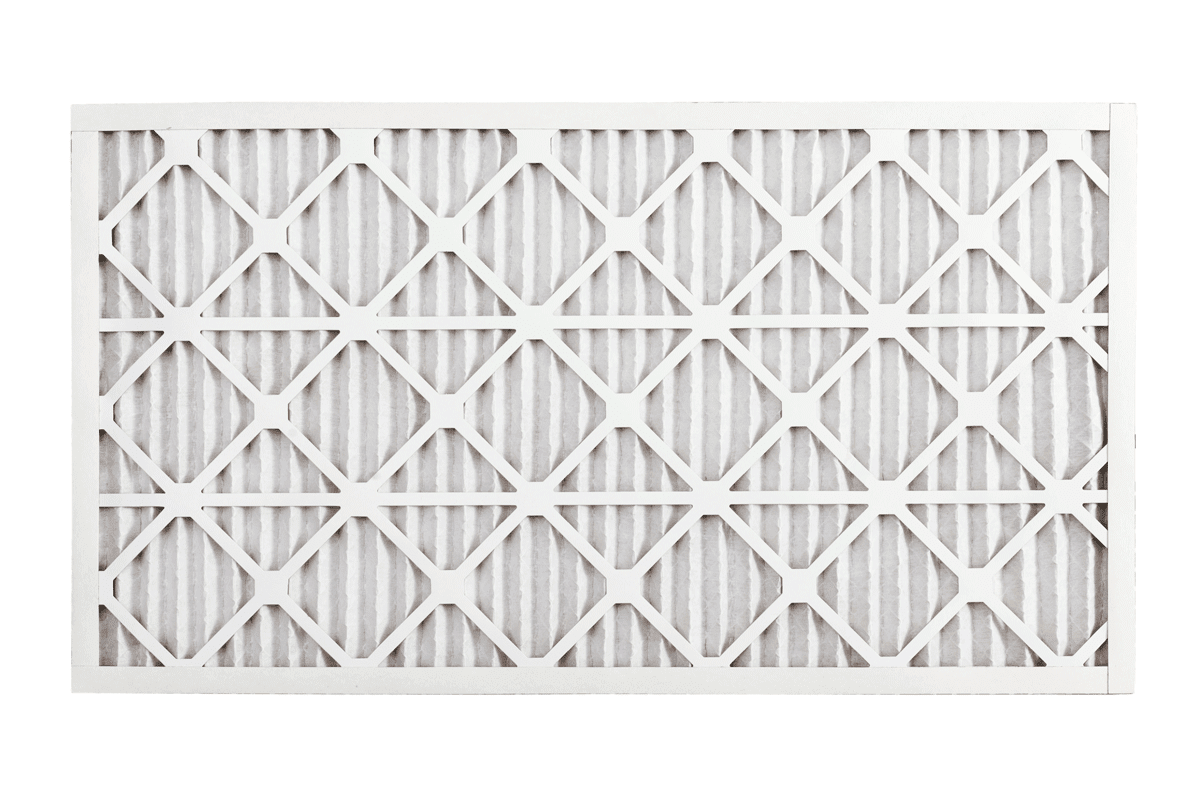

What’s floating in your air? You may not see it, but your Houston area home is a breeding ground for dust, mold, pollen, debris, and allergens that can irritate the airways and keep you from feeling your best. To add insult to the clean air injury, those same offenders can get inside your HVAC unit, sabotaging the moving parts and potentially reducing the unit’s lifespan. Fortunately, Air Specialist knows filters.
An air filter’s job
Enter our hero, the unassuming air filter. Your HVAC system air filter works tirelessly to trap offending particles as air circulates your home, cleaning your indoor air and keeping your HVAC unit from having to work too hard. Your sinuses and your wallet will thank you for remembering to replace your air filter according to the prescribed schedule. An air filter is not a one-size-fits-all answer, though. Different types of air filters offer distinct advantages and drawbacks. Your Air Specialist technician can help you determine which filter is best for your home and your family budget.
Different types of air filters
Air filters come in different strengths and materials, each with advantages and drawbacks. Some filters may be more expensive but do a better filtering job, and some are more environmentally friendly. Here are some common air filter types:
- Fiberglass air filters are your standard entry-level air filters. They’re cheap and easy to find, and they’ll easily catch larger particles, such as dust or lint. They are not effective at filtering out bacteria, pollen, or viruses, so don’t expect them to make a difference if you suffer from allergies. There are no concerns about impeding airflow, but you must change them monthly, or they become clogged.
- Pleated air filters fit their name: They are in an accordion pattern, offering more surface area and more ways to clean the air. They are made of paper, cotton, polyester, or other materials. Depending on their minimum efficiency reporting value, or MERV rating, they may catch pollen, dander or other allergens. They can last up to 90 days before needing to be replaced.
- HEPA stands for “high-efficiency particulate air.” HEPA filters remove more than 99% of irritants in the air, which sounds great for people with allergies. However, this filtering capacity means you need a certain level of air pressure to force air through the dense design, and your home’s HVAC system may not be equipped to handle that. Instead, you might consider a separate air purifier or air scrubber.
- Reusable filters, also known as “electrostatic filters,” are considered permanent air filters because they don’t have to be replaced regularly but need to be cleaned about every 30 days. They are more expensive than a fiberglass air filter but do not offer a higher MERV rating than their disposable counterparts.
If you wonder which air filter is best for your family and your HVAC system, reach out to Air Specialist or call us at [csad_phone]. Remember, our regular maintenance program includes a check of your air filter, and Air Specialist’s trained technicians can recommend a filter that fits your family’s needs and your budget.
Post Categories
Why Choose Us?
- We're strategically located in Pearland, TX
- Expertise to service all of your HVAC equipment
- Our technicians are NATE-certified
- We are an ACCA member company
- BBB accredited south Texas HVAC business
- We stand behind all of our HVAC work
